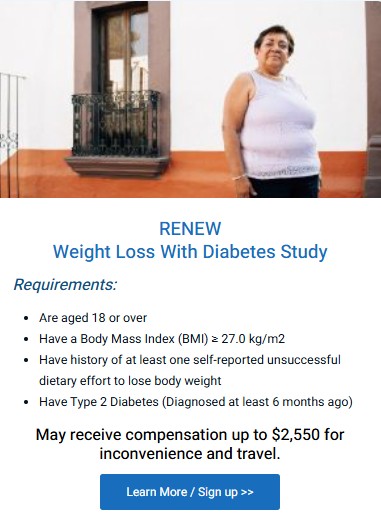
Understanding COPD: Symptoms, Causes, and Diagnosis
Chronic Obstructive Pulmonary Disease (COPD) is a progressive and potentially fatal lung disease that affects millions of people worldwide. COPD is a term used to describe a group of lung conditions that include chronic bronchitis and emphysema, which are caused by long-term exposure to irritating gases or particles. In this article, we will discuss the symptoms, causes, and diagnosis of COPD.
Symptoms of COPD
The symptoms of COPD may not appear until significant lung damage has occurred, and they usually worsen over time. Some common symptoms of COPD include:
- Shortness of breath, especially during physical activities
- Wheezing
- Chest tightness
- Chronic cough, often with mucus
- Frequent respiratory infections
- Lack of energy
- Unintended weight loss
If you experience any of these symptoms, you should see a doctor as soon as possible.
Causes of COPD
COPD is caused by long-term exposure to irritants that damage your lungs and airways. The most common cause of COPD is smoking. Other causes include:
- Exposure to secondhand smoke
- Occupational exposure to dust and chemicals
- Air pollution
- Genetic factors
Smoking is responsible for around 80% of COPD cases. The longer you smoke, the greater your risk of developing COPD. Quitting smoking is the most effective way to prevent COPD from getting worse.
Diagnosis of COPD
COPD can be diagnosed with a simple test called spirometry. Spirometry measures how much air you can inhale and exhale and how quickly you can exhale. If your doctor suspects you have COPD, they may also perform other tests, such as:
- Chest X-ray or CT scan
- Arterial blood gas analysis
- Pulse oximetry
- Alpha-1 antitrypsin deficiency testing
Early diagnosis and treatment of COPD can help slow down the progression of the disease and improve your quality of life.
Treatment of COPD
COPD is a progressive disease, which means it gets worse over time. There is no cure for COPD, but treatment can help relieve symptoms and slow down the progression of the disease. Treatment options include:
- Bronchodilators to help open your airways
- Inhaled corticosteroids to reduce inflammation
- Oxygen therapy to improve breathing
- Pulmonary rehabilitation to improve lung function
- Surgery in severe cases
Your doctor will work with you to develop a treatment plan that suits your needs.
Internal Links
At Palm Beach Research, we offer a range of services to help diagnose and manage COPD. Our team of experienced doctors and nurses can provide you with the support and care you need to live a full and active life. Learn more about our services by visiting our website: Palm Beach Research.
External Links
Here are some external links that provide more information about COPD:
- American Lung Association
- Centers for Disease Control and Prevention
- National Heart, Lung, and Blood Institute
If you suspect that you or a loved one may have COPD, it is essential to seek medical attention as soon as possible. The earlier the diagnosis, the better the chances of managing the disease and improving your quality of life.
Related Posts
Subscribe to Hear About New Trials First
Subscribe to Hear About New Trials First
Subscribe to our newsletter by adding your email and keep up to date with the new studies we are offering as well as study results and more.








